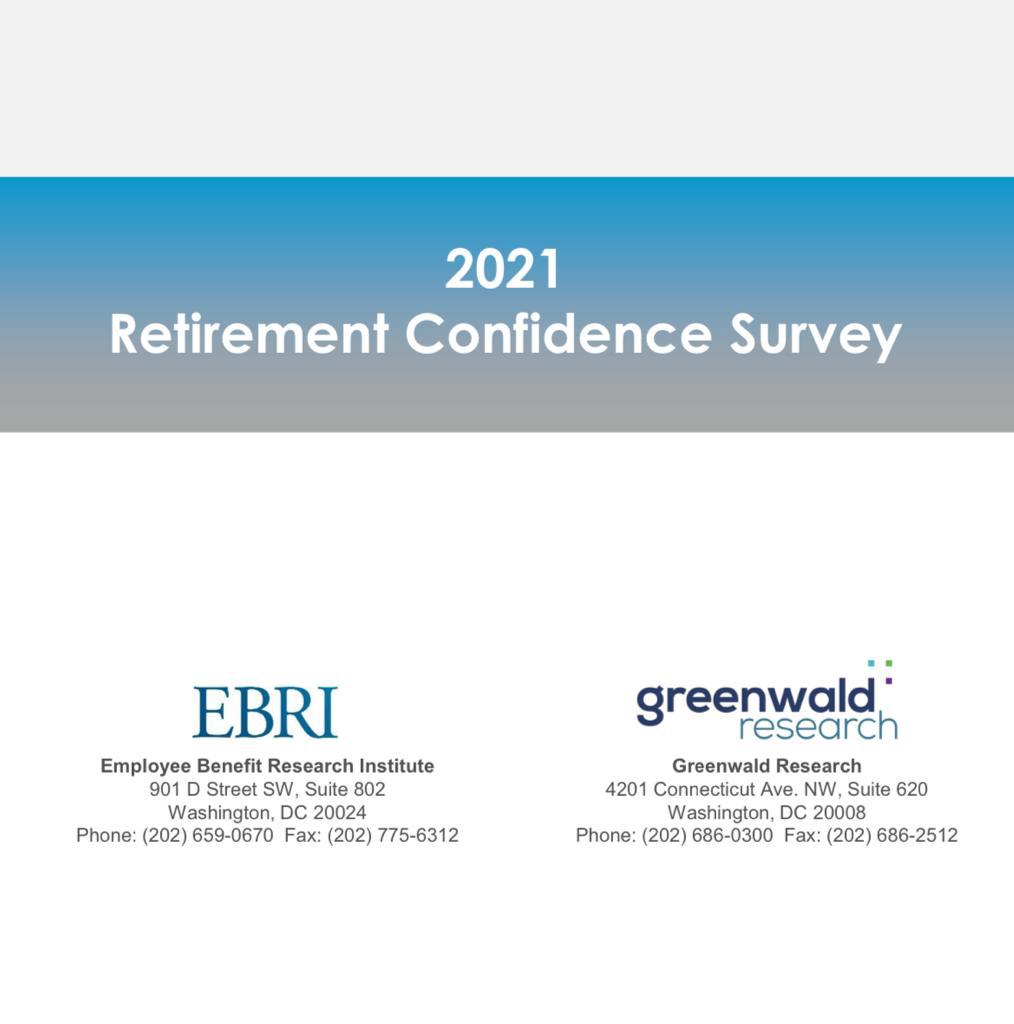US. Saving for retirement is the top financial priority for just 17% of adults, survey shows
Saving for retirement appears to be taking a backseat to other financial considerations for many Americans right now. Just 17% have made saving for their post-working years their top financial priority for 2022, according to First National Bank of Omaha’s latest financial wellness survey. This is despite 59% of respondents worrying that they won’t be able to retire by age 65. Additionally, 46% of those surveyed said they have less than $15,000 saved for retirement. The survey was conducted in February...










